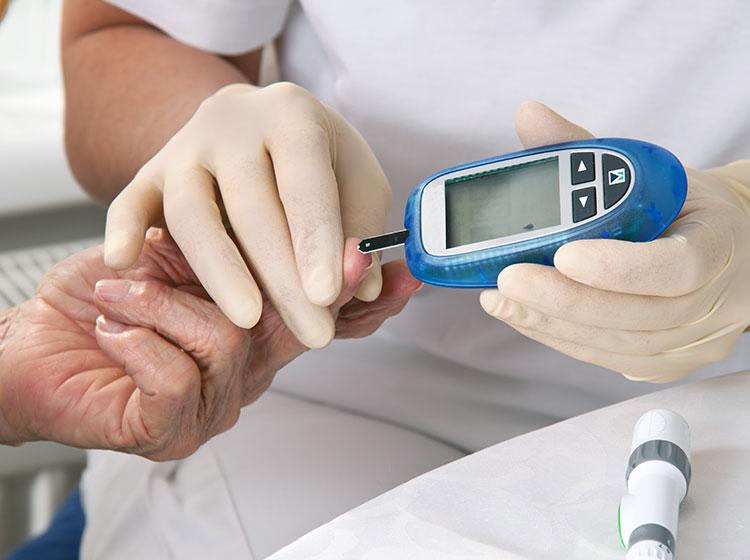Types of Diabetes
26-08-2023
10:24 AM
1 min read

Overview:
Researchers at Vanderbilt University Medical Center have now learned from a study that the primary cause of a noticeably smaller pancreas in persons with Type 1 diabetes is insulin shortage.
What is Diabetes?
- Diabetes is a chronic disease that occurs when the pancreas can no longer make insulin, or the body cannot make good use of the insulin it produces.
- Insulin is a hormone that regulates blood glucose.
- Not being able to produce or use insulin effectively leads to raised glucose levels in the blood, known as hyperglycaemia.
- Over the long-term high glucose levels are associated with damage to the body and failure of various organs and tissues.
- Diabetes is a major cause of blindness, kidney failure, heart attacks, stroke, and lower limb amputation.

Types of Diabetes:
- Type 1 diabetes:
- It is a condition in which your immune system destroys insulin-making cells in your pancreas. These are called beta cells.
- When you have type 1 diabetes, your body produces very little or no insulin.
- It requires daily administration of insulin to maintain blood glucose levels under control.
- It is usually diagnosed in children and young people, so it used to be called juvenile diabetes.
- Symptoms include excessive excretion of urine (polyuria), thirst (polydipsia), constant hunger, weight loss, vision changes, and fatigue.
- Type 2 diabetes:
- It results from the body’s ineffective use of insulin that it produces.
- More than 95% of people with diabetes have type 2 diabetes.
- This type of diabetes is largely the result of excess body weight and physical inactivity.
- Symptoms may be similar to those of type 1 diabetes but are often less marked. As a result, the disease may be diagnosed several years after onset.
- Gestational diabetes (GDM):
- It is a type of diabetes that consists of high blood glucose during pregnancy and is associated with complications for both mother and child.
- GDM usually disappears after pregnancy, but women affected, and their children are at increased risk of developing type 2 diabetes later in life.
Q1) What is Glucose?
Glucose is the main type of sugar in the blood and is the major source of energy for the body's cells. Glucose comes from the foods we eat or the body can make it from other substances. Glucose is carried to the cells through the bloodstream. Several hormones, including insulin, control glucose levels in the blood.
Source: Study discovers insulin deficiency associated with Type 1 diabetes leads to smaller pancreas
